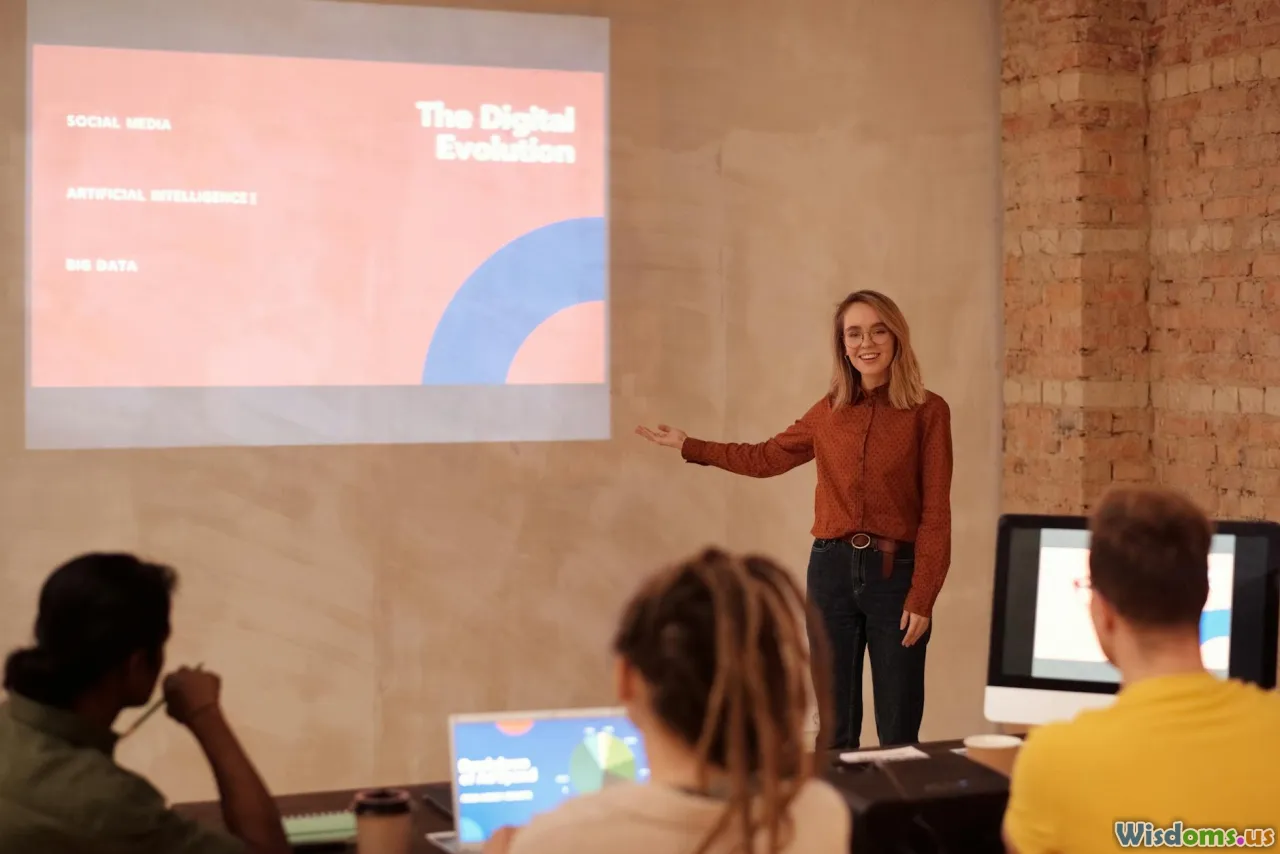
Exploring the Benefits of Lifelong Learning
6 min read Uncover the transformative advantages of lifelong learning and how it enriches personal and professional growth. (0 Reviews)
Exploring the Benefits of Lifelong Learning
In an ever-evolving world, the concept of lifelong learning has emerged as a critical component of personal and professional development. As we navigate through various phases of our lives, the pursuit of knowledge does not end with formal education. Instead, it becomes an ongoing journey that significantly enhances our quality of life, adaptability, and skills. This article delves into the multifaceted benefits of lifelong learning, illuminating its importance in today’s society.
What is Lifelong Learning?
Lifelong learning refers to the continuous, voluntary, and self-motivated pursuit of knowledge for personal or professional development. It encompasses a wide range of learning experiences, including formal education, self-directed study, vocational training, and informal learning through life experiences. The core philosophy of lifelong learning is that education does not cease after traditional schooling; rather, it evolves throughout an individual’s life.
The Benefits of Lifelong Learning
1. Enhanced Career Opportunities
In a competitive job market, continuous learning can set you apart from your peers. Employers increasingly value candidates who demonstrate a commitment to professional development. Lifelong learning allows individuals to acquire new skills and knowledge, making them more adaptable and better suited for changes within their industry. For instance, professionals in technology sectors often pursue certifications to stay current with rapid advancements, enhancing their employability and career prospects.
2. Personal Growth and Fulfillment
Engaging in lifelong learning fosters a sense of achievement and personal fulfillment. It encourages individuals to explore their interests, discover new passions, and develop skills that can lead to hobbies or personal projects. Whether it’s learning a musical instrument, mastering a new language, or engaging in creative writing, these activities contribute to a richer, more satisfying life.
3. Improved Cognitive Function
Research indicates that lifelong learning is beneficial for maintaining cognitive function as we age. Engaging in intellectually stimulating activities helps build neural pathways and can delay cognitive decline. Activities such as puzzle-solving, reading, or learning new skills keep the mind sharp and promote mental agility.
4. Building Resilience
In a world characterized by rapid change, the ability to adapt is crucial. Lifelong learners develop resilience through their experiences and adaptability to new situations. By continually seeking knowledge and skills, individuals cultivate a growth mindset, empowering them to face challenges with confidence.
5. Networking and Social Connections
Pursuing education or learning opportunities often involves engaging with others, whether in a classroom setting, workshops, or online forums. This interaction fosters community and networking, connecting individuals with like-minded peers and professionals. These connections can lead to collaborations, friendships, and even mentorship opportunities that enhance both personal and professional life.
6. Increased Confidence
As individuals continue to learn and master new skills, their self-confidence grows. This newfound confidence can translate to various aspects of life, from career advancements to personal relationships. Lifelong learners are often more willing to take on challenges and explore new opportunities, knowing they possess the skills to succeed.
7. Adaptability to Change
In today’s fast-paced world, change is the only constant. Lifelong learning equips individuals with the tools to adapt to new technologies, methodologies, and ideas. This adaptability is essential not only for career growth but also for personal evolution. Being open to learning means embracing change rather than resisting it.
How to Cultivate a Lifelong Learning Mindset
Fostering a lifelong learning mindset requires intention and effort. Here are some practical steps to get started:
- Set Learning Goals: Define what you want to learn and set achievable goals.
- Embrace Curiosity: Stay curious about the world around you. Ask questions and seek answers.
- Leverage Technology: Utilize online courses, webinars, and educational platforms to access a wealth of knowledge.
- Join Learning Communities: Engage with others who share your interests. Participate in workshops, discussion groups, or book clubs.
- Reflect on Your Learning: Take time to reflect on what you’ve learned and how it applies to your life.
Conclusion
Lifelong learning is more than just a trend; it is a vital practice for a fulfilling and successful life. By embracing the benefits of continuous education, individuals can enhance their career prospects, foster personal growth, and build resilience against the challenges of an ever-changing world. As we navigate through life, let us commit to being lifelong learners, enriching our lives and the lives of those around us.
Rate the Post
User Reviews
Popular Posts





















